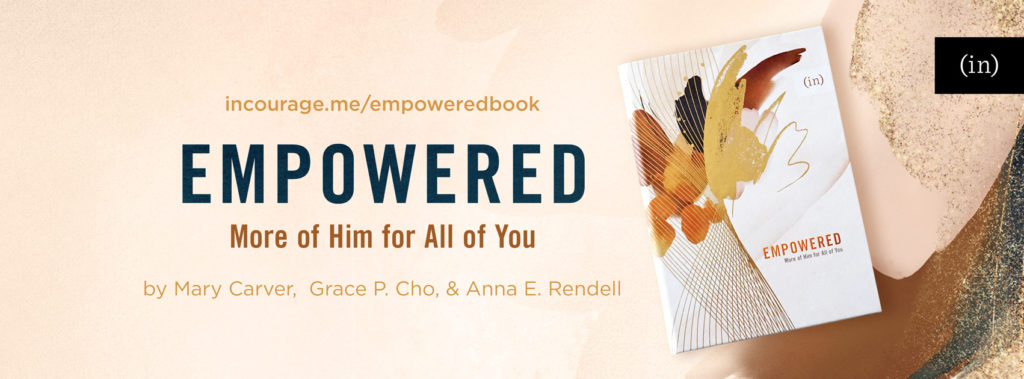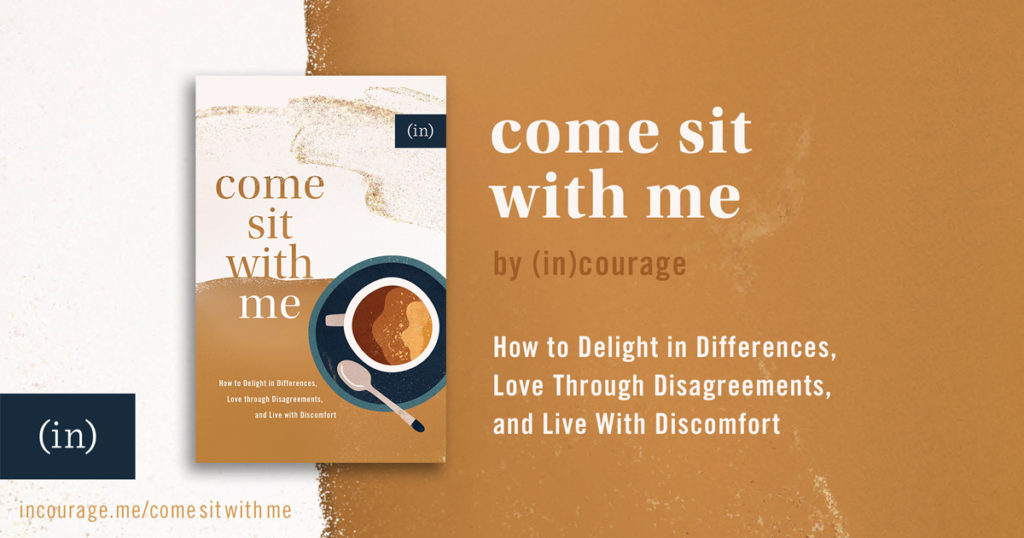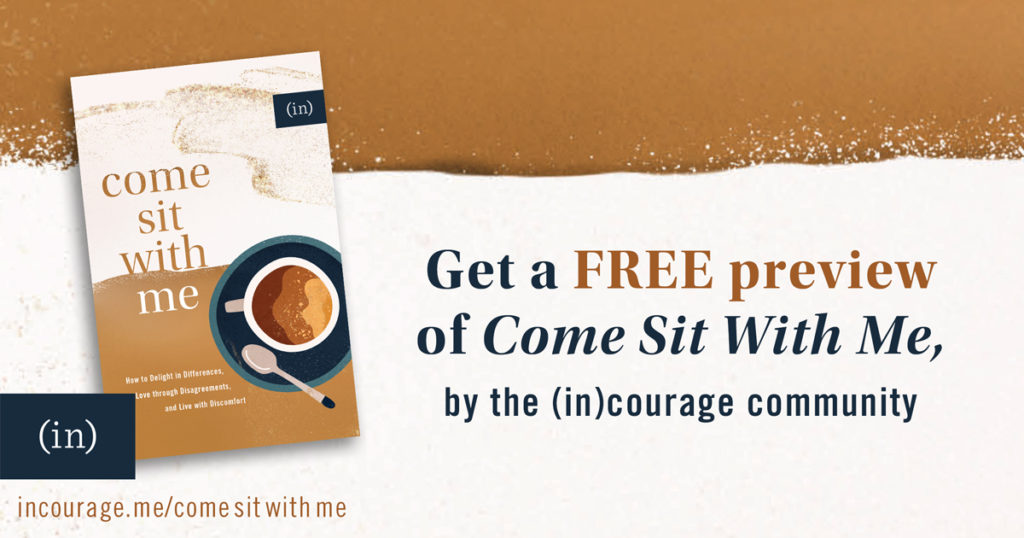Out of the depths I cry to you, Lord;
Lord, hear my voice.
Let your ears be attentive
to my cry for mercy.
If you, Lord, kept a record of sins,
Lord, who could stand?
But with you there is forgiveness,
so that we can, with reverence, serve you.
I wait for the Lord, my whole being waits,
and in his word I put my hope.
I wait for the Lord
more than watchmen wait for the morning,
more than watchmen wait for the morning.
Israel, put your hope in the Lord,
for with the Lord is unfailing love
and with him is full redemption.
He himself will redeem Israel
from all their sins.
Psalm 130 (NIV)
If you are in a season of waiting, if you are crying out to God wondering if He sees you, hears you, will rescue you — the answer is YES! God has already saved you from the shackles of your sin and permanent separation from Him; how much more then, will He save you from whatever predicament currently entangles you?
Now, this doesn’t mean that your circumstances will immediately change, but it does mean that true hope and the unfailing love of God will meet you right where you are.
Where in your life do you need to watch for God’s goodness? Where do you need to stop putting your hope in people, possessions, or positions, and start putting your hope in God’s Word?
Lean in to Him today, sisters. God is so worthy of our trust.




 It is overwhelming to get a diagnosis like that for anyone, including a three-year-old spicy squirrel like our Moose. You feel like you need to become an expert overnight: knowing treatment options, what food and supplements might make a difference, where to get the best treatment, and a million other questions that no one in your life has dealt with, but you have to figure out.
It is overwhelming to get a diagnosis like that for anyone, including a three-year-old spicy squirrel like our Moose. You feel like you need to become an expert overnight: knowing treatment options, what food and supplements might make a difference, where to get the best treatment, and a million other questions that no one in your life has dealt with, but you have to figure out. If you liked the excerpt we shared above, we’d love to send you an even bigger FREE sneak peek of Come Sit With Me! Sign up below and we’ll email you the whole introduction and the first two chapters.
If you liked the excerpt we shared above, we’d love to send you an even bigger FREE sneak peek of Come Sit With Me! Sign up below and we’ll email you the whole introduction and the first two chapters.